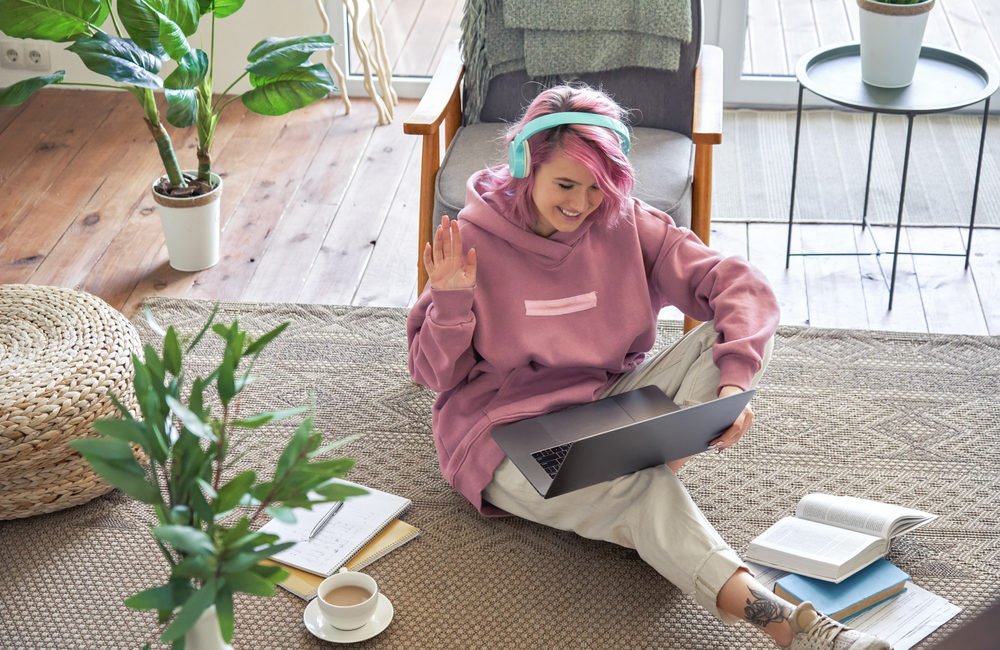
It’s back to school time in Ottawa and across Ontario & Canada..
Every year around this time, students, teachers and parents alike start to feel a series of emotions.
Anticipation.
Uncertainty.
Glee (okay, pretty much no one ever… although it’s nice to see your friends again).
Stress (practically everyone).
Anxiety. Depression. Denial. Anguish. The list goes on and on.
These and many other emotions are quite natural (and dare we say “normal”) to experience as the onset of the school year draws near – and even in the days and weeks after school has started.
This year, of course, going back to school is, in many ways, nothing like it ever was before.
Thanks to COVID-19, the global Coronavirus pandemic, it’s no exaggeration to say that 2020 has changed virtually everything. And Back-to-School 2020 is a virtual experience for nearly all students in Ontario and across much of Canada, one level or another.
If you’re feeling stressed, anxious, depressed and/or other emotions surrounding the new school year in the new – nope, we’re not going to say “normal” – school year, you’re not alone. But there’s reason to be hopeful.
The Stresses of Back-to-School: Canada’s Annual Tradition
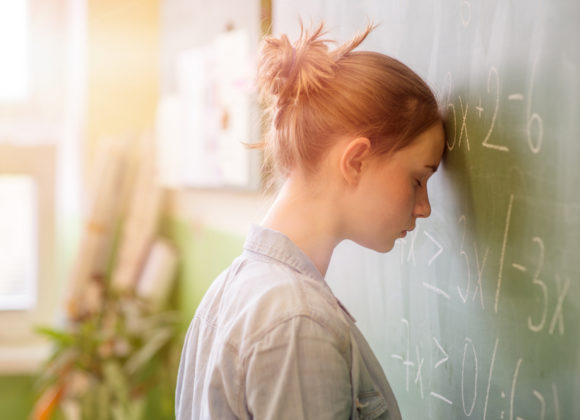 Round about mid-August, the realities of the approaching start of the new school year affect millions of Canadian students, parents and teachers like.
Round about mid-August, the realities of the approaching start of the new school year affect millions of Canadian students, parents and teachers like.
Summer seems to have flown by far too quickly. Those glorious days and nights of warm weather, quality time outdoors and enjoying life with our friends and family (or least our friends) have a painfully clear expiry date on them.
Looming off in the distance is the return to school.
At first, it’s just a shimmering, faint silhouette on the horizon. Gradually at the outset, then gaining in momentum is an impending sense of stress and anxiety as the commencement of the school year approaches closer – and bigger.
Those final days of summer are truly mitigating circumstances. You’ve done your best to get in one last party, one last day at the beach, one last long evening laughing and experiencing joy with your friends. But you’ve also been back-to-school shopping, gotten lectures from your parents about how soon it will be time to “hit the books” and “go to bed early,” etc.
Ugh.
It’s around this time that many of us start feeling some pretty intense things. Maybe it starts with butterflies in the stomach, or a sinking feeling that something not-so-happy is about to take place.
Before you know it, school’s starting and it’s as if summer never even happened.
It’s a ritual that all of us in Ottawa and across Canada have gone through time and again.
That doesn’t make it any less unpleasant, but at least it’s of comfort for many people to know that you are not alone.
The Added Stress & Anxiety of Back to School in the COVID-19 Era
 Take this annual back-to-school dance of emotions and add it to the pandemonium of the COVID-19 global pandemic.
Take this annual back-to-school dance of emotions and add it to the pandemonium of the COVID-19 global pandemic.
That’s a guaranteed recipe for entirely new and unpleasant levels of stress, anxiety, depression and many other emotions.
The previous (2019-2020) school year was disrupted with all schools (and virtually everything else) across Canada shut down in mid-March 2020. Students and parents found themselves practically overnight thrown into the deep end of unknown and uncharted waters.
Everyone struggled. We’ve all been struggling since.
Eventually, Ontario and other provinces in Canada began to reopen. Through various stages of easing restrictions, we all began to rediscover what life used to be like – or at least some elements and semblance of it.
Many of us spent the summer of 2020 gradually easing into some sense of familiar and more pleasant lifestyles. We ate on patios. We spent more time outside. We even got to see more of our friends, and by August it seemed like there was reason to be hopeful as the COVID-19 active case numbers had dropped and we’d accomplished a lot of that “flatten the curve” goal.
But then it hit us.
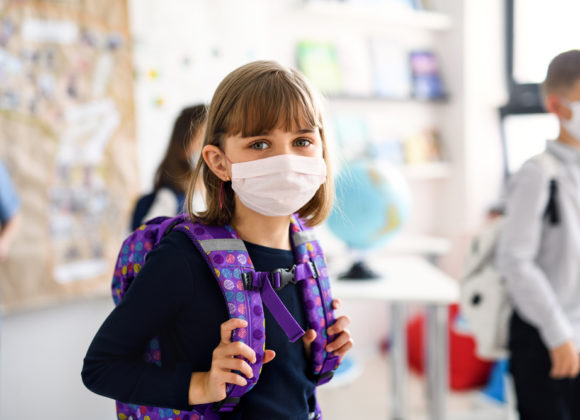 No, not the coronavirus this time.
No, not the coronavirus this time.
It was time to go back to school.
As if it wasn’t bad enough that 2020 was the Worst Year Ever.
Now they wanted kids to go back to school?
But what would it even look like? There was a heavy load of anticipation borne by a collective population of students across Ontario and Canada – as well as among their parents and teachers.
Would schools even be open? Or would everything still be online?
Or would be in some sort of hybrid situation? What would that even look like?
And do they even know what they’re doing??!!!
Uncertainty, Turmoil & Anticipation of Future Events: Impact on Anxiety & Depression
All these questions – and yet very few answers, at least not many that are solid, definitive and confidence-instilling.
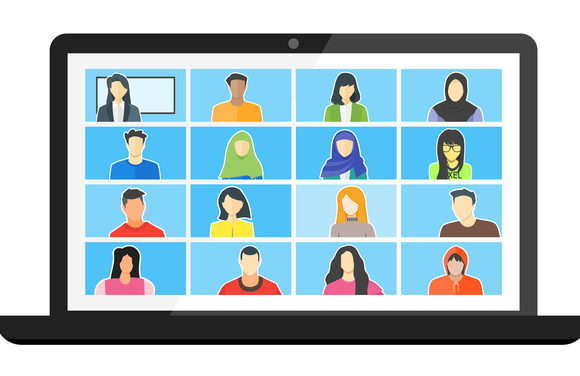 That’s a recipe for heightened levels of stress, anxiety and depression.
That’s a recipe for heightened levels of stress, anxiety and depression.
Even for the most (seemingly) well-adjusted youth and teens in Canada, this new sense of uncertainty is disconcerting. Add that to the annual back-to-school ritual and all the stress and anxiety that goes with it, and no student anywhere could be faulted for feeling:
- Unsettled
- Worried
- Stressed
- Anxious
- Depressed
- Sad
… and/or many other emotions.
And that’s just the baseline for people who haven’t necessarily experienced emotional or mental health issues in the past.
What about people who have??
Anyone who already had been struggling on some level with depression, anxiety, eating disorders, addiction, bipolar disorder or other mental health conditions – diagnosed or undiagnosed – was bound to have additional struggles with this new set of challenges during the uncertainty of the global COVID-19 pandemic.
If left unchecked, these struggles can become massive.
That’s why it’s important – crucial, we would even say – to give yourself a reality check.
How Are You Feeling About Back-to-School in the COVID-19 Era?
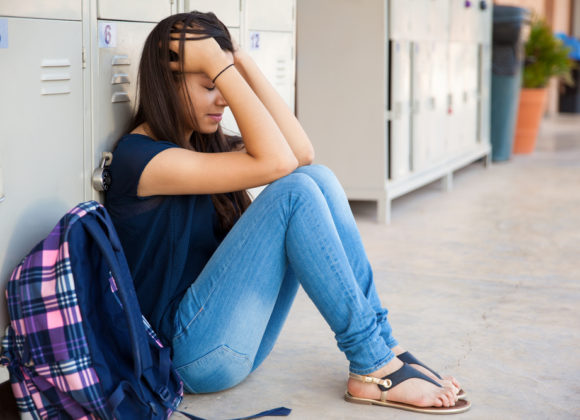 If you’re feeling “down,” “stressed,” “anxious,” or even “indifferent” about school starting again during these highly uncertain and extremely challenging conditions we find ourselves living in, you are not alone.
If you’re feeling “down,” “stressed,” “anxious,” or even “indifferent” about school starting again during these highly uncertain and extremely challenging conditions we find ourselves living in, you are not alone.
In fact, if you’re already aware of how you’re feeling, about how these times are affecting you, it’s fair to say that you have a foot in the right direction in coping with it all. After all, admitting that a “problem,” “issue” or “challenge” exists is the first step towards solving it!
For those who think they’re feeling fine… well, it’s not for us to say that you’re not. But…
One of the more common reactions to new and uncomfortable (and particularly sudden in this case) challenges is denial.
Denial is a natural human reaction to the problems that lie ahead of us.
Denial happens every year around back-to-school time, in fact. We see that looming ship of school on the horizon, but we don’t want to admit it’s there. So we go about our lives as if nothing is approaching. But that just means that, when we finally do become aware of the problem, it hits us all the harder.
Whether you’re in touch with your feeling about back-to-school in the COVID era or you’re thinking “it’s all good,” here are a few questions worth asking yourself as part of a reality check.
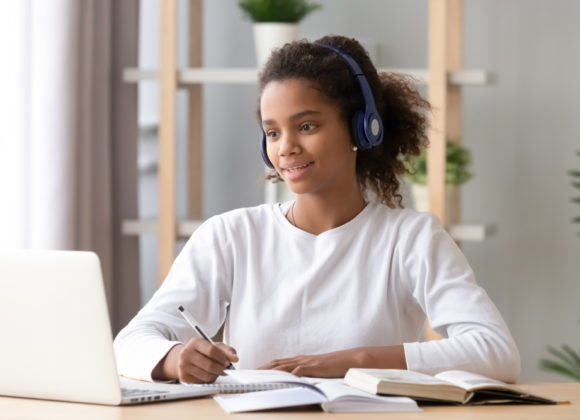
Self-Quiz for Emotional & Mental Health in COVID-19 Back-to-School Times
Be honest with yourself in your answers of these direct but very relevant questions:
- Do you find yourself worrying (about school, about the virus, about another potential lockdown, etc.)?
- Have you been sleeping less, sleeping uncomfortably, waking up with negative feelings, etc.?
- Are you having difficulty concentrating?
- Do you take less pleasure in the things you used to?
- Are you more easily alarmed, frightened or surprised?
- Do you spend more time dwelling on negative or upsetting things?
- Are you more tense physically – sore muscles, upset stomach, etc.?
If you’ve answered ‘yes’ to one or two of these questions, you may be experiencing heightened but still ‘expected’ emotions during these challenging times. Not to say these issues shouldn’t be left unchecked, but you may be able to manage through them on your own… especially by:
- Talking with friends or family about it
- Keeping a journal
- Reading more about stress, anxiety & depression
- Being more aware of your feelings and in tune with your emotions
If three or more of these questions have prompted an affirmative answer, however, it’s quite possible that you could be dealing with emotional or mental health condition that warrants seeking help.
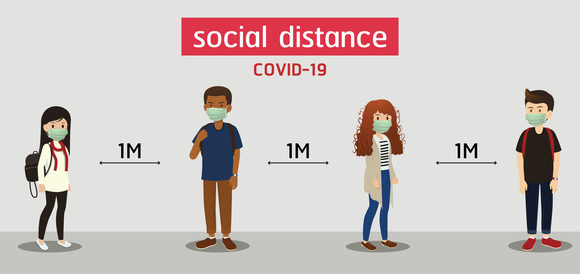
How Youth Counselling Helps Cope with Stress, Anxiety, Depression & More
Just as it’s healthy to admit there is a “problem” you need to overcome, there is also no shame in seeking help for that problem.
In fact, it’s becoming more and more accepted in Canadian society that seeking help is a sign of strength.
There are certain challenges in life that we cannot overcome by ourselves.
Much like you’d see a doctor to mend a broken leg, or you’d go to the dentist to address impacted wisdom teeth, seeking the help of a professional youth counsellor is the right thing to do when you find yourself facing mental health challenges that, despite your best efforts, won’t go away.
That was already the case before COVID-19.
Now, with the added stresses and challenges in this new era, we are given all the more reason to seek help and make every effort to live our best lives.
At Capital Choice Counselling, we offer a network of experienced, well-trained, knowledgeable and highly compassionate youth counsellors. They are here to help kids, teens and young adults cope effectively with a wide range of emotional and mental health challenges that life can present.
In this time of added stress, worry and challenge, our youth counsellors are available for sessions of remote counselling or online therapy – via Zoom, FaceTime, Skype or phone.
Contact us today to find out more about youth counselling for you or someone you love.
